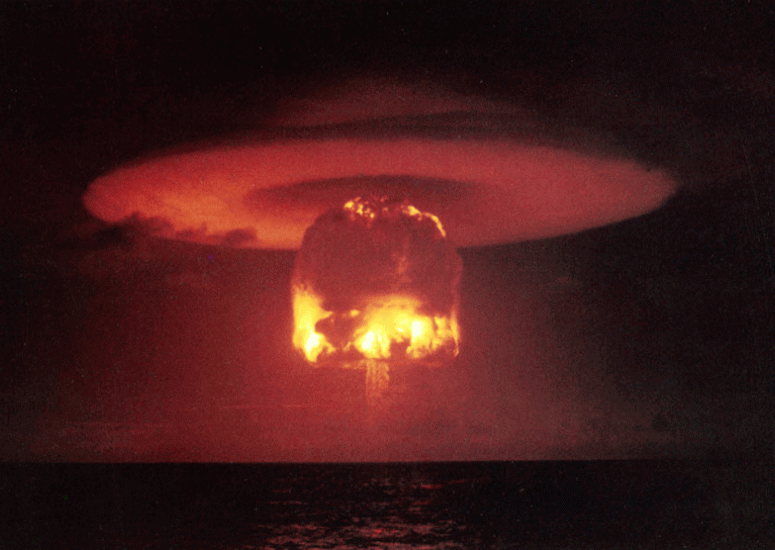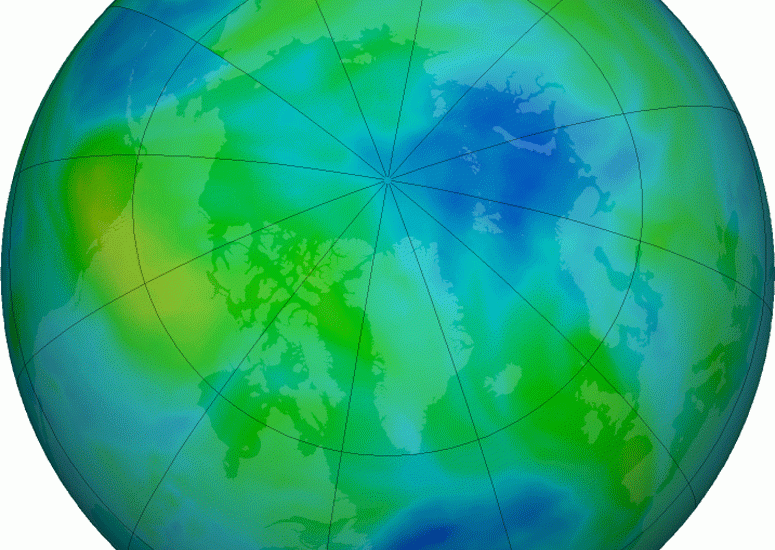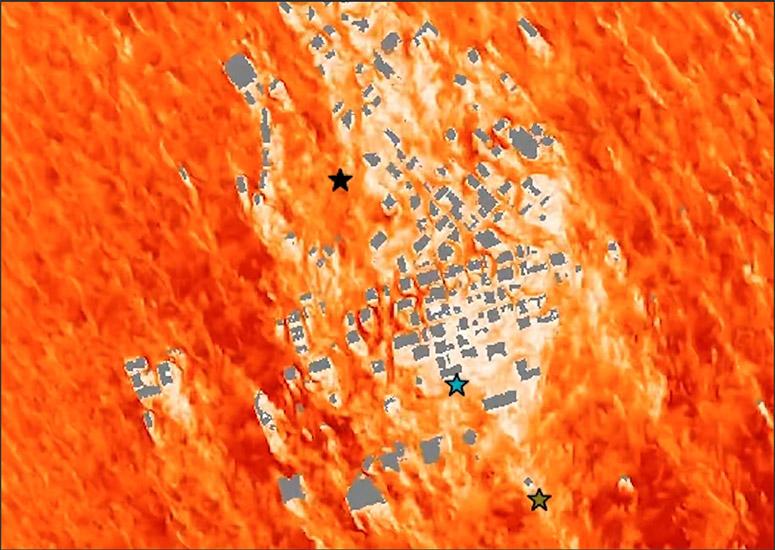-
Antarctic ice chemistry affected by ozone hole
An international study demonstrates the impact of the ozone hole on environmental chemical processes at the South Pole.
- Air Quality
-
UCAR adds two new members to consortium
UCAR has added North Carolina Agricultural and Technical State University (NC A&T) and Texas A&M University-Corpus Christi (TAMU-CC) to the consortium.
- Organization
-

Smoke from nuclear war would devastate ozone layer, alter climate
The massive columns of smoke generated by a nuclear war would alter the world’s climate for years and devastate the ozone layer, endangering both human health and food supplies, new research shows.
- Climate
-

Protecting the ozone layer is delivering vast health benefits
International agreements to protect the ozone layer have been so successful that they will prevent an estimated 443 million cases of skin cancer and 63 million cataract cases for people born in the United States through the end of this century, according to new research.
- Air Quality,
- Climate
-

GPUs open the potential to forecast urban weather for drones and air taxis
Scientists at NCAR have demonstrated that a new kind of model built entirely to run on graphical processing units, or GPUs, has the potential to produce useful, street-level forecasts of atmospheric flow in urban areas using far fewer computing resources and on a timeline that makes real-time weather forecasting for drones and other urban aircraft plausible.
- Weather

